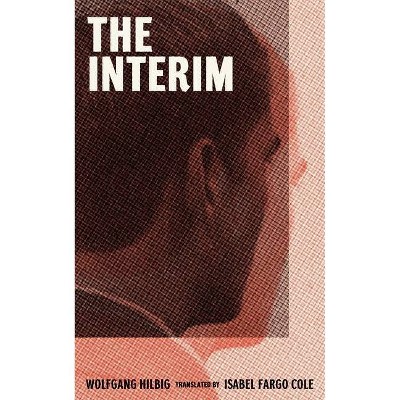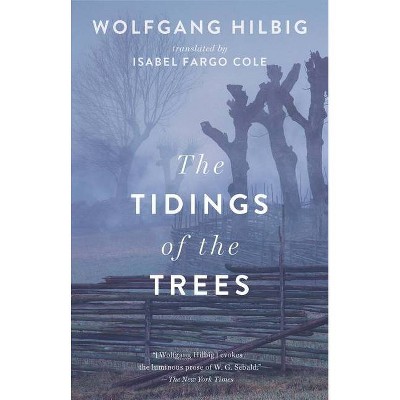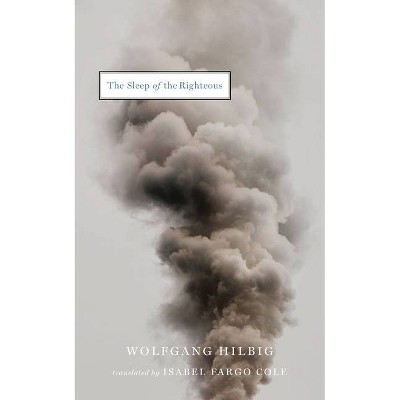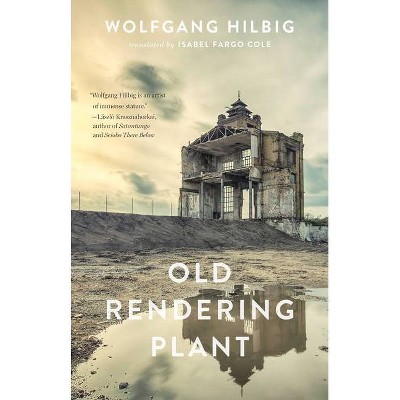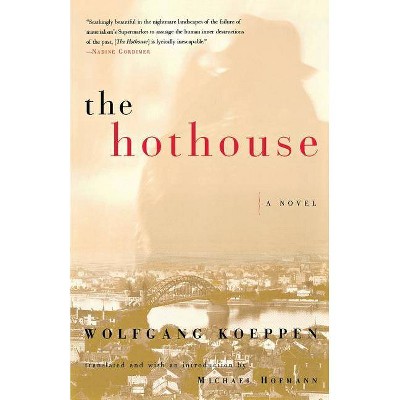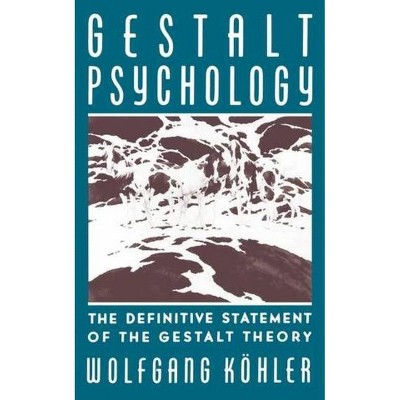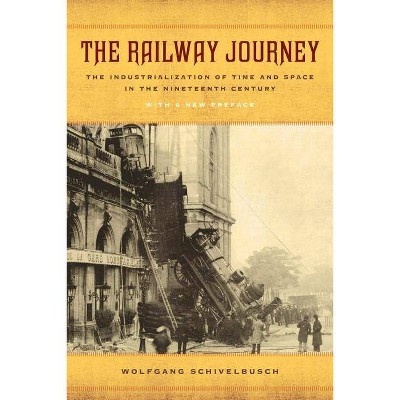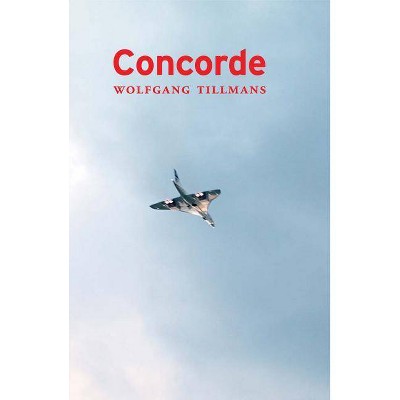The Females - by Wolfgang Hilbig (Paperback)
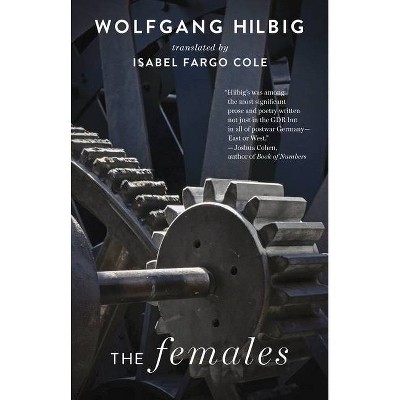
Similar Products
Products of same category from the store
AllProduct info
<p/><br></br><p><b> Book Synopsis </b></p></br></br><b>From award-winning author-and-translator combination Wolfgang Hilbig and Isabel Fargo Cole</b> <p/> What can an irascible East German tell us about how society shapes relations between the sexes? A lot it turns out. Acclaimed as one of Wolfgang Hilbig's major works, <i>The Females</i> finds the lauded author focusing his labyrinthine, mercurial mind on how unequal societies can pervert sexuality and destroy a healthy, productive understanding of gender. It begins with a factory laborer who ogles women in secret on the job. When those same women mysteriously vanish from their small town, the worker sets out on a hallucinatory journey to find them. Powerful and at times disturbing, <i>The Females</i> leaves us with some of the most challenging, radical, and enduring insights of any novel from the GDR.<p/><br></br><p><b> From the Back Cover </b></p></br></br>What can an irascible East German tell us about how society shapes relations between the sexes? A lot it turns out. Acclaimed as one of Wolfgang Hilbig's major works, <i>The Females</i> finds the lauded author focusing his labyrinthine, mercurial mind on how unequal societies can pervert sexuality and destroy a healthy, productive understanding of gender. It begins with a factory laborer who ogles women in secret on the job. When those same women mysteriously vanish from their small town, the worker sets out on a uniquely Hilbiggian, hallucinatory journey to find them. Powerful and at times disturbing, <i>The Females</i> leaves us with some of the most challenging, radical, and enduring insights of any novel from the GDR.<p/><br></br><p><b> Review Quotes </b></p></br></br><br>Hilbig's was among the most significant prose and poetry written not just in the GDR but in all of postwar Germany--East or West.<b> -- Joshua Cohen, author of <i>Book of Numbers</i></b><br> Whenever I read Hilbig's books . . . I am profoundly shaken. this language practically slices me open." <b>-- Clemens Meyer, author of <i>Bricks and Mortar</i></b><br>Wolfgang Hilbig is an artist of immense stature <b>-- László Krasznahorkai, recipient of the 2015 International Man Booker Prize and author of <i>Satantango</i> and <i>Seiobo There Below</i></b><br>Evokes the luminous prose of W.G. Sebald." <b>-- <i>The New York Times</i></b><br> Out of the ugliness of history and the wasted landscape of his home, he has created stories of disconsolate beauty. -- <b><i>The Wall Street Journal</i></b><br> "[Hilbig writes as] Edgar Allan Poe could have written if he had been born in Communist East Germany." <b>-- <i>Los Angeles Review of Books</i></b><br> Hilbig's prose is vivid and poetic. <b>-- <i>Publishers Weekly</i></b><br><br><p/><br></br><p><b> About the Author </b></p></br></br><b>Wolfgang Hilbig</b> (1941-2007) was one of the major German writers to emerge in the postwar era. Though raised in East Germany, he proved so troublesome to the authorities that in 1985 he was granted permission to emigrate west. The author of over 20 books, he received virtually all of Germany's major literary prizes, capped by the 2002 Georg Büchner Prize, Germany's highest literary honor. <p/><b>Isabel Fargo Cole</b> is a U.S.-born, Berlin-based writer and translator. Her translations include <i>Boys and Murderers</i> by Hermann Ungar (Twisted Spoon Press, 2006), <i>All the Roads Are Open</i> by Annemarie Schwarzenbach (Seagull Books, 2011), <i>The Jew Car</i> by Franz Fühmann (Seagull Books, 2013), and <i>The Sleep of the Righteous</i> by Wolfgang Hilbig. The recipient of a prestigious PEN/Heim Translation Grant in 2013, she is the initiator and co-editor of No-mans-land.org, an online magazine for new German literature in English.
Price History
Price Archive shows prices from various stores, lets you see history and find the cheapest. There is no actual sale on the website. For all support, inquiry and suggestion messagescommunication@pricearchive.us
